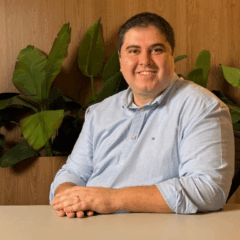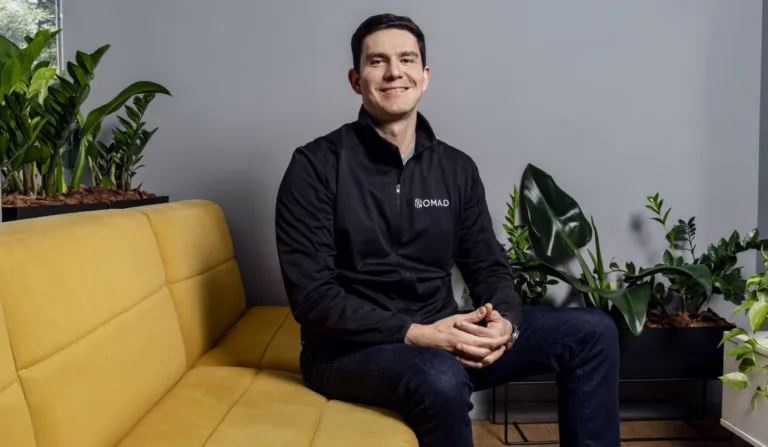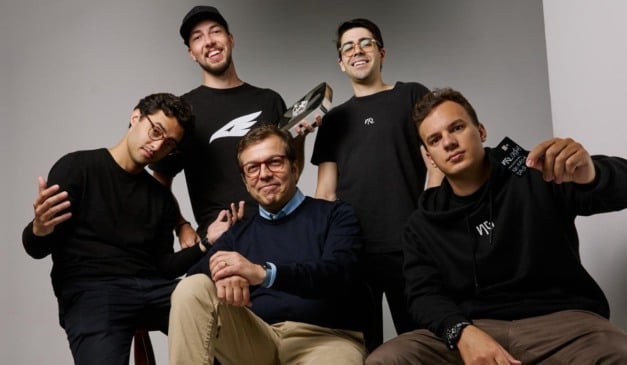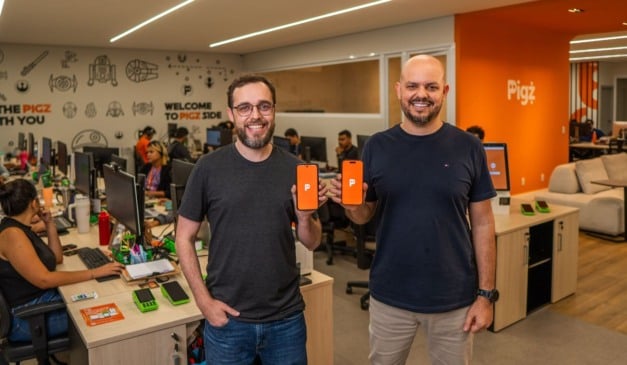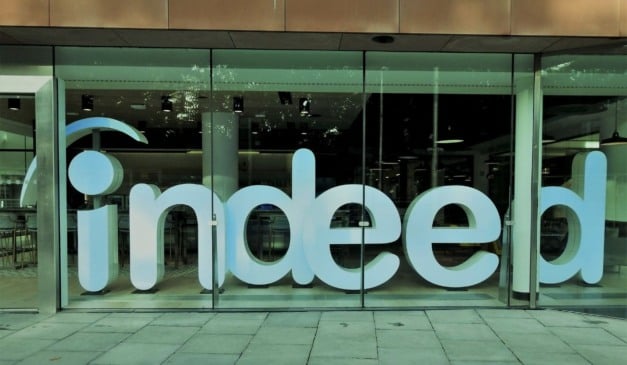
If anyone thought that the São José dos Campos Technology Park is just about the aerospace sector, they’d better think again. One of the main institutions of Brazil’s technological innovation ecosystem is on the brink of one of the biggest expansion moves in its recent history, focusing on areas such as 5G.
Located in São José dos Campos (SJC) one of the largest cities in the São Paulo state, 370 miles away from the state’s capital (São Paulo), the park was created by the state’s government and the city government in 2006. Since then, it has become a main national player in the creation of new technologies, products and processes, and is considered one of the largest and most advanced technology parks in the country.
Currently, the park is home to 140 companies managed across three clusters, which are part of the state policies for economic development. In addition to the aerospace segment, with large companies such as Embraer and Visiona, the center has a technology cluster, with residents such as Algar Tech and Ericsson, and a newly created agtech cluster, which expects to attract major players in the segment, such as Bayer and Raízen.
Under the Park’s cluster setup, the plan is to make the larger firms consume the products of smaller companies, including startups, thus increasing the maturity in technological innovation of the entire ecosystem. Of all the companies based in the center, about 50 are startups, and, since the beginning of the pandemic, the Park has been conducting Nexus, its incubation and acceleration program, virtually.
The digitization prompted by the pandemic meant the institution ended up attracting startups from outside its geographical region for the first time. Today, there are over 200 companies working with the center remotely and others, such as Ionic Health, from Pará (one of the northernmost states in Brazil), have physically settled in the Park.
“These companies did not come looking for support in the aerospecial segment, they came due tof our tradition and maturity in several areas, such as health, mobility and others. And this great diversification of companies that we have here lies at the heart of our value proposition”, said Marcelo Nunes, director of business development at the São José dos Campos Technology Park, in an interview with Startups.
Even when it comes to the spciefic clusters orchestrated by the Park, innovation has no limits, according to the executive. “When people think of São José as a technological hub, they may think that agribusiness is not related to aerospace, but all devices used in agriculture consume spatial data. We link national and foreign companies that generate data with the technology sector, whose operations are transversal. The potential for synergies is immense”, he noted.
Serving large corporations
The Park has an annual operating cost of 11 million Brazilian reais ($2,1 million). According to Nunes, for every Brazilian real invested in the center, the center generates 11 Brazilian reais worth of investments by the state, federal, development agencies and the private sector. In addition to the initiatives to develop startups and technology companies, there is a significant demand from organizations from different sectors, all seeking to boost their open innovation strategies through the ecosystem led by the Park.
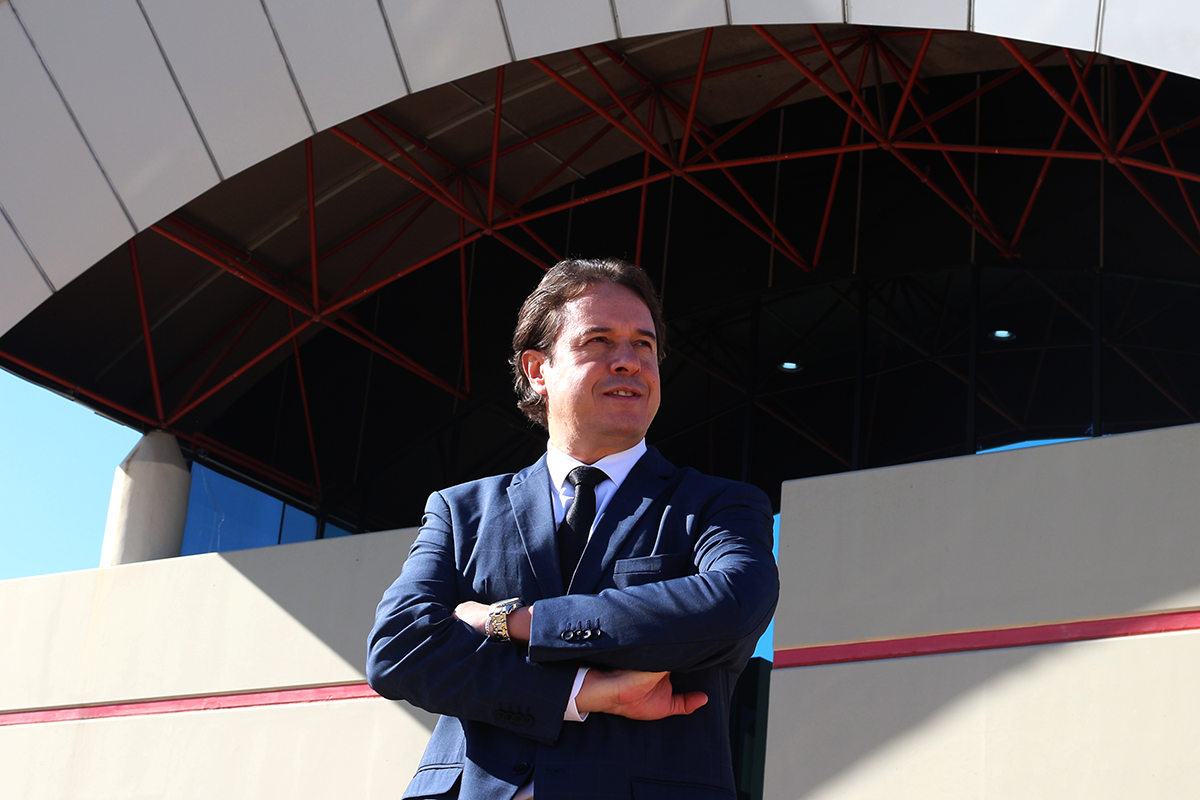
Among the large corporations working with the Park are Nestlé and Metrô (the company running runs the São Paulo subway system), which sought out the center to develop innovation initiatives around mobility. “We already have a lot of interaction with companies and we have to prepare, especially after the pandemic, for a great wave of innovation centers from large companies coming to the Technological Park”, Nunes said.
“It is common for a traditional companies take a CIO or CTO and say, ‘You will be our head of innovation.’ They end up hitting a wall, because that’s not how it works. You need to have experience to deal with both the big companies and the startups. We do that very well and this is the expertise that we have been creating over the years”, said the executive.
This increase in demand by large corporations will result in the “inevitable” physical expansion of the Park, which today has four business centers occupying an area of approximately 600,000 square feet. In addition to the infrastructure that includes a supercomputer and fablabs for the resident companies, the Park has five technological development centers and educational institutions, such as FATEC, UNIFESP and UNESP.
According to Nunes, the Park has entered the second phase in a funding call from the Brazilian Financing Agency of Studies and Projects (FINEP), with a project to expand the center by 75,000 square feet over the next two years. If the project is approved, the Park is set to receive an investment of around 23 million Brazilian reais ($4,5 million).
Development for the 5G industry
Another SJC’s tech park project, which is about to take form over the next months, is a new center focused on 5G solutions. Focusing on various segments such as mobility, healthcare and biotechnology, the new hub will be driven by a challenge for startups with business models focused on the fifth-generation telecommunications technology. The new Nexus batch is in the final stages of definition and will be conducted in partnership with Ericsson and telcos such as Claro and Embratel.
According to Nunes, the idea is to create a excellence center for 5G in São José dos Campos, and a laboratory to validate solutions, which will be ready to hit the market. “The great challenge of 5G in Brazil is not the technology itself: that is already in the strategy of the large operators. The question is how to make money with 5G, and this will not happen in the consumer space, but in the B2B segment”, said the Park’s director.
The executive pointed out that the center already has a 5G antenna and is ready to serve large companies, such as Nestlé, which has already tested solutions for the technology in the Park. “We are able to test these solutions for corporations with the structure that is already available here today”, said Nunes.
As well as the 5G-focused call to startups, the Park should continue to drive other Nexus programs, which take place twice a year. One of them is Lab, for companies in early stages of development, while Growth is aimed at startups that already have revenue streams and are accelerated over a period of about two years. Other programs include Scale Up, for companies gaining traction and in a high growth phase, that can choose to be based in the Park without going through acceleration.
Generating value for startups
According to Nunes, the Nexus programs usually select between eight to 12 companies from an average of more than 100 applications per batch. Once selected, the startups’ pain points are identified and acceleration paths defined. In addition to networking opportunities, coworking spaces as well as connections with investors and mentorships, the Nexus team tracks the startups’ progress every three months. “[The quarterly follow-up] is not simply a report, but a detailed picture of how the startup is achieving its goals, and what needs to be done to accelerate the process”, said the director of the Park.
The greatest value for companies accelerated by the Park is the connections with investors and companies in more mature stages, which drive the development of startups. After going through the initial stage, startups move on to the Growth program. At that point, startups are monitored annually, with specific actions focused on the companies’ development. Examples on that front include TecSUS, a startup focused on managing water, energy and gas through IoT-based solutions.
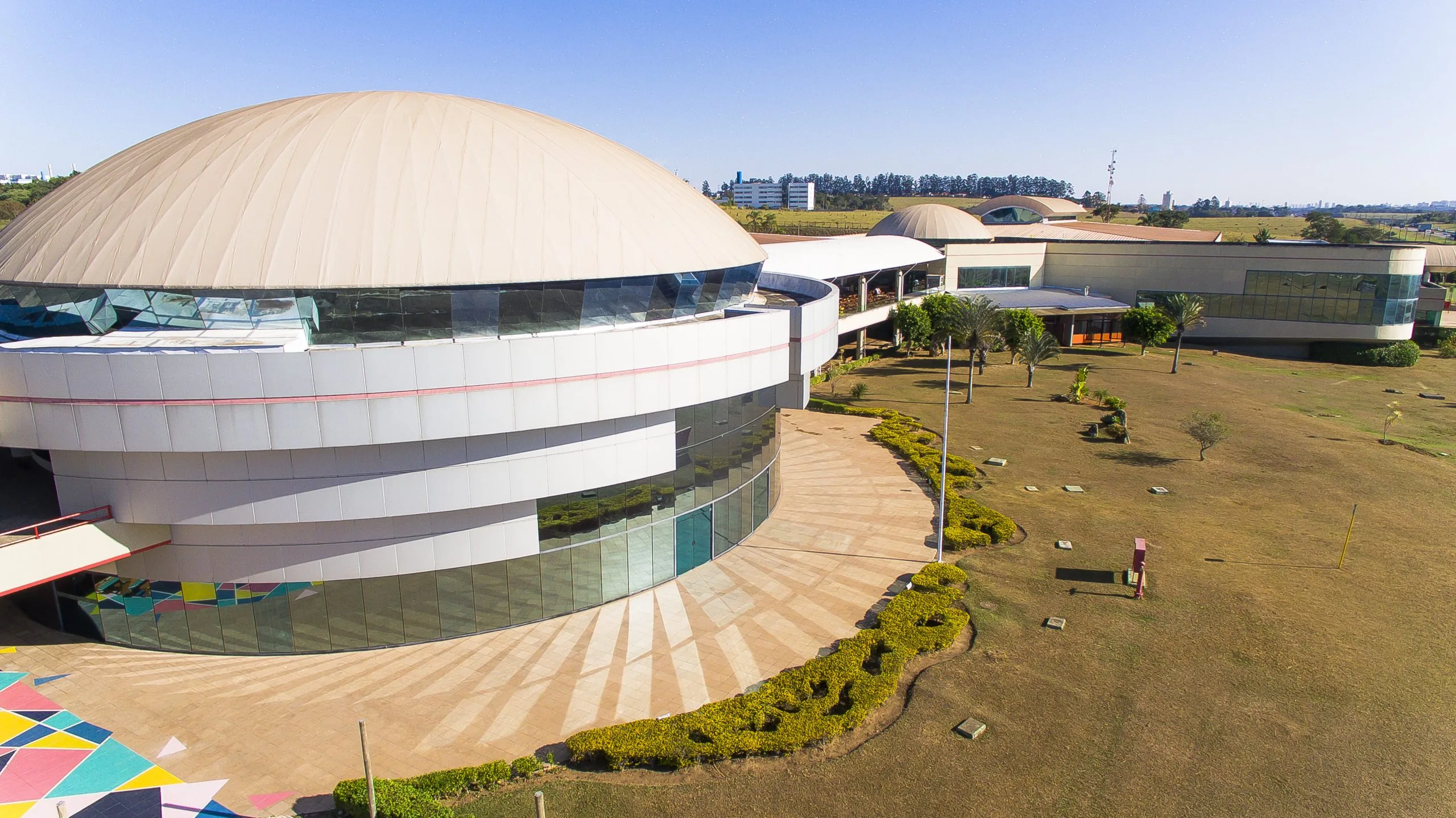
Nexus’ activities are supported by a group of over 50 consultants supporting startups in areas such as brand and patent development, marketing, and aspects such as taxation, as well as internationalization. On the latter, the Park also serves startups and consolidated technology companies that want to set up shop in Brazil: an example is Indian firm Wipro, which has established its robotics and automation arm in the country through the support provided by the Park.
In addition to boosting startups, working under a consultative approach also contributes to the development of the Nexus team. “The work with startups prompts consultants to seek information they wouldn’t normally have, to address the challenges that are presented. Often, these requirements from entrepreneurs also help our mentors and partners, as problems are often seen elsewhere across the group”, said Nunes.
Recent advances should keep to bolster the Park’s reputation as a center of excellence for startup development. Last month, the Park was granted level 4 of Cerne, a certification issued by the National Association of Entities Promoting Innovative Enterprises (Anprotec), in partnership with the national micro and small enterprise service Sebrae. Cerne is a maturity model for managing operations such as the Park, and the SJC site was the first organization in Brazil to obtain, in its first application, the maximum certification of the model.
Besides Nexus, only Unitec, the incubator of Tecnosinos, a technology park headquartered in São Leopoldo, in the southern state of Rio Grande do Sul, has the level 4 of the certification. Obtaining such status is a testament to the results obtained with the startup ecosystem in recent years, according to Nunes. “Furthermore, it proves that we have a process to achieve results”, he said.
(Translation by Leandro Miguel Souza, editing by Angelica Mari)

